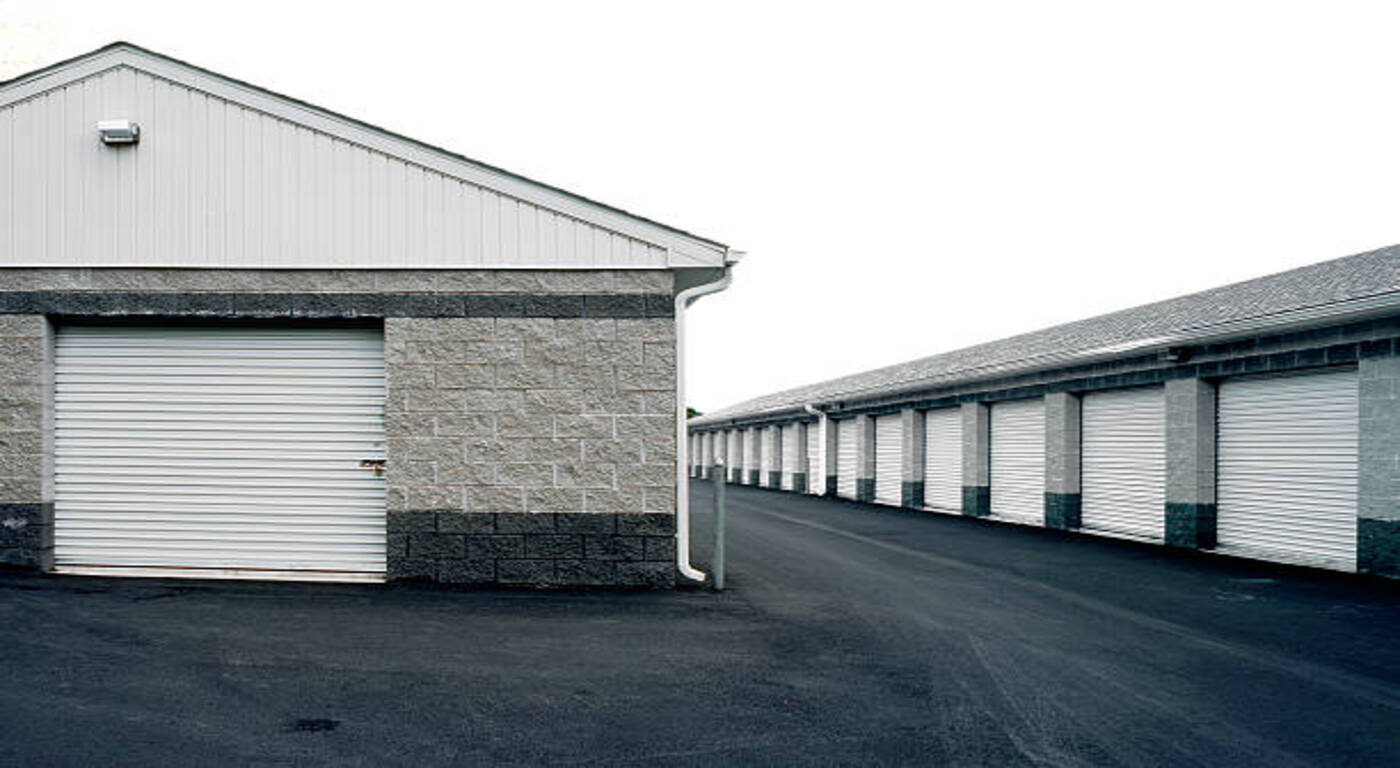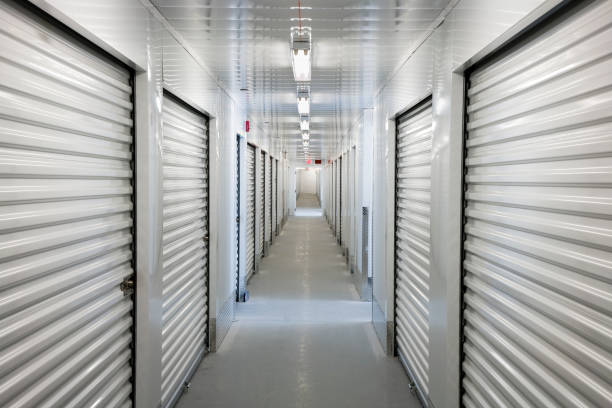Understanding Storage Unit Rental Agreements

Strong 8k brings an ultra-HD IPTV experience to your living room and your pocket.
Before renting a storage unit, it’s essential to thoroughly understand the rental agreement you're signing. These contracts often vary by facility, with differences in terms, fees, and rules. By knowing what to look for and fully comprehending the terms, you can avoid surprises down the road. In this blog, we’ll break down the key components of a typical storage unit rental agreement and explain the details you should focus on to ensure a smooth experience.
Lease Terms
One of the first things to examine in a rental agreement is the lease term. Most storage facilities operate on a month-to-month lease, providing flexibility if you’re unsure how long you'll need the space. This allows you to continue renting without being locked into a long-term contract. However, some facilities offer discounted rates if you sign a longer lease, such as for six months or a year. If you’re looking for cost savings, you might want to consider this option, but be sure to verify if there are any penalties for early termination.
Additionally, it's important to be aware of potential rent increases. Many storage facilities offer introductory rates that may increase after the first few months, which is a standard practice in the industry. You should confirm whether these increases are part of your agreement and how frequently the facility is allowed to raise the rent. Understanding these details upfront can save you from unexpected hikes in rental costs later on.
Rent and Payment Policies
The rental agreement will clearly outline how much rent you owe, when payments are due, and the facility’s accepted payment methods. Most storage facilities require monthly payments, though some allow for upfront payments for multiple months. Many facilities also provide the option for automatic billing, which can help you avoid late fees.
Speaking of fees, it’s crucial to check for any hidden costs, such as administrative fees, security deposits, or additional charges for special services like climate-control storage. Be particularly mindful of late fees, as they can add up quickly. Some storage facilities may charge steep penalties if payments are delayed by even a few days. Make sure the payment schedule works with your financial situation, and always be aware of the due date to avoid these fees.
In the worst-case scenario, repeated missed payments can have severe consequences. Many storage facilities include a lien clause in their agreements, which allows them to auction off your belongings if the rent isn’t paid after a certain period. This is why it’s critical to stay current on payments and to understand the timeline and consequences laid out in your agreement.
Access Hours and Rules
Another key factor to consider is how and when you can access your belongings. Access hours can vary significantly between facilities. Some provide 24/7 access, while others restrict access to business hours or certain days of the week. The rental agreement should clearly state the facility’s access policy, including any limitations you should be aware of, especially if you anticipate needing access outside of regular hours.
In addition to hours, the agreement will also outline facility rules. Many storage units prohibit the storage of hazardous materials, flammable substances, or perishable items. Violating these rules could not only lead to penalties but also create a safety hazard. Review the facility's restrictions carefully to ensure you aren’t unintentionally breaching the terms of your contract.
Security and Liability
When storing valuable items, you want to be confident they’ll be safe. The rental agreement should specify the security measures the facility has in place, such as surveillance cameras, gated access, and on-site security personnel. However, even with strong security, it’s important to note that the facility may not be held responsible for damage or theft.
In most cases, you’ll need to arrange your own insurance coverage for the items stored in the unit. Some storage facilities may offer insurance plans or require you to provide proof of coverage. Make sure to review the facility’s liability policies to understand the extent of their responsibility, and consider whether you need additional insurance for peace of mind.
Termination and Vacating the Unit
At some point, you'll likely need to terminate your lease and vacate the unit. Most agreements require you to provide advance notice—typically 30 days—before ending your lease. Be sure to follow this process carefully to avoid paying for additional months that you no longer need.
When vacating the unit, there are often rules about how it should be left. Most agreements stipulate that the unit must be left clean and in its original condition. Failing to comply could result in cleaning fees or damage charges, so it's important to review these terms when moving out.
Late Fees and Consequences for Non-Payment
A critical aspect of any storage unit rental agreement is the policy on late payments. Late fees can be hefty, and repeated late payments may lead to more severe consequences, such as being locked out of your unit.
The most significant consequence is the lien process, where the facility may auction off your stored items if payments are missed for an extended period. The timeline for this process is usually outlined in the agreement, and facilities are required by law to notify you before an auction takes place. Staying on top of payments is crucial to avoid losing your belongings.
Additional Considerations
In addition to the key sections above, there are a few other considerations to keep in mind. Some storage agreements might include clauses related to facility maintenance, such as who is responsible for pest control or cleaning the common areas. Additionally, make sure to check if the facility offers climate-controlled units or special storage options for items like vehicles, boats, or sensitive documents. These additional services often come at an extra cost, so it’s worth understanding the full range of options before committing.
Conclusion
Understanding the terms of your storage unit rental agreement is essential for a smooth storage experience. By carefully reviewing lease terms, payment policies, access rules, and security measures, you can avoid surprises and ensure your belongings are protected. Taking the time to fully understand the contract and asking questions when needed will help you have peace of mind throughout your storage rental experience.
Note: IndiBlogHub features both user-submitted and editorial content. We do not verify third-party contributions. Read our Disclaimer and Privacy Policyfor details.



